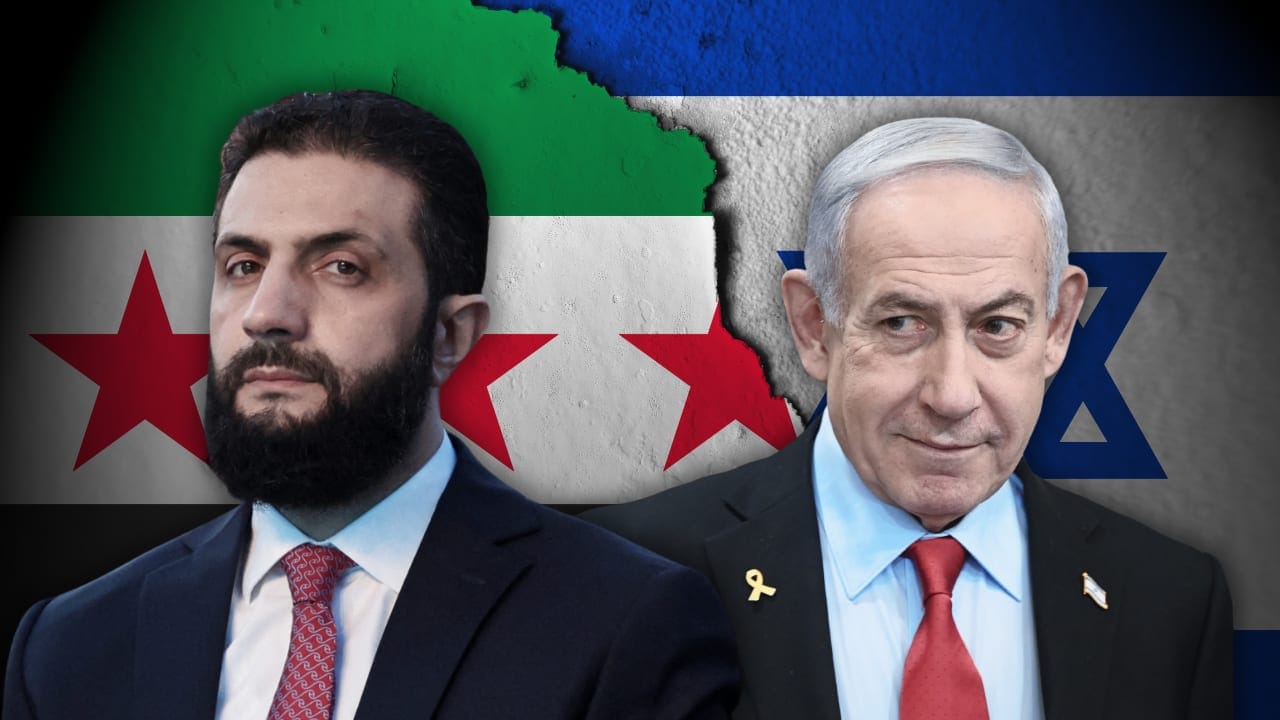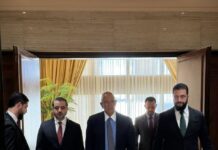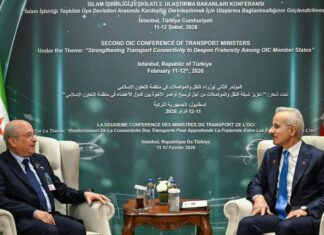
Syria and Israel appear close to reaching a preliminary “de-escalation” agreement that could mark the first step toward regulating security along their shared border, US officials and regional media reported this week.
US Special Envoy for Syria Tom Barrack said Tuesday, September 23, the potential deal would halt Israeli attacks in exchange for Syria refraining from deploying heavy equipment near the Israeli-occupied Golan Heights. Speaking on the sidelines of the UN General Assembly in New York, Barrack described the talks as “in good faith” but acknowledged delays due to limited progress and the Rosh Hashana holiday.
The discussions come after months of escalating violence. Since December, when revolutionary forces toppled the brutal regime of Bashar al-Assad, Israel has carried out over 1,000 airstrikes and 400 ground incursions into Syrian territory, according to current President Ahmed al-Sharaa. Israel moved forces to within 12 miles of Damascus, effectively abandoning the 1974 disengagement agreement that had kept the frontier relatively quiet for decades.
Netanyahu Stresses Israeli Conditions
Israeli Prime Minister Benjamin Netanyahu confirmed negotiations were underway but stressed that any outcome must guarantee “Israel’s interests.” His office said these include the “demilitarization of southwestern Syria” and “protection” of the Druze community there, Reuters reported.
Israeli officials have floated a security map modeled on the 1979 Egypt-Israel peace deal, Axios reported. The proposal would expand a buffer zone on the Syrian side, bar heavy weaponry near the border, and establish a no-fly zone for Syrian aircraft between Damascus and Israel.
Maariv newspaper reported accelerated efforts to hold a “historic” summit between Netanyahu, Sharaa, and US President Donald Trump at the White House next week. Though not confirmed, such a meeting would mark the first time in decades leaders of the two adversaries sat down face-to-face.
Damascus Signals Caution
President Sharaa has voiced skepticism over Israeli intentions. “We have something to fear from Israel and not the other way around,” he said this week in New York. While calling the talks necessary, he accused Israel of exploiting Syria’s fragile transitional period with repeated raids and incursions.
Sharaa has ruled out normalization or peace talks for now, insisting that any agreement must respect Syrian sovereignty and be subject to UN monitoring. “If the truce succeeds and Israel adheres to what is agreed upon, then perhaps the negotiations will advance,” he said at the Concordia Summit.
Despite lingering mistrust, US officials say momentum is building. A Trump administration source told The Times of Israel that the agreement is “99 percent complete,” with only timing and political considerations in Damascus delaying an announcement.
If concluded, the deal would not resolve decades of conflict but could ease tensions on one of the region’s most volatile frontiers.








